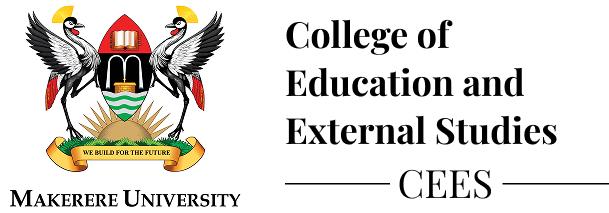Abstract:
The significance of teaching language extends beyond mere acquisition of grammar and comprehension skills. It encompasses teaching language for communicative and interactive purposes. This qualitative study investigated English Language Teacher Trainers’ strategies for developing trainees’ Interpersonal Communication Skills at Makerere University, Uganda. Theoretically the study is grounded in Barnlund’s Transactional Model and Bruner’s Scaffolding theory that provided the appropriate lenses for viewing and interacting with the research context. The objectives were: 1) To explore the aspects of politeness and polite expressions English Language Teacher Trainers nurture in Preservice English Language Teachers in order to promote interpersonal relations. 2). To ascertain how English Language Teacher Trainers cultivate confidence Preservice English Language Teachers in order to promote their self-concept. 3). To examine the skills of emotional regulation English Language Teacher Trainers cherish among Preservice English Language Teachers so as to harness constructive dialogue, and 4). To analyse how English Language Teacher Trainers engage the conscious use of the nonverbal cues amongst preservice English Language teachers in order to encourage intercultural alliance. Precisely, the study explored English Language Teacher educators’ pedagogies for cultivating politeness, confidence, emotional regulation, and nonverbal cues. Data was collected using interviews, focus group discussions and documentary analysis from twenty-five participants. These included four English Language Teacher educators and twenty-one trainees who were purposefully selected. The findings reveal that English Language Teacher educators employ modelling, counselling, and mentorship to foster Interpersonal Communication Skills, despite curriculum gaps. Some of the effective pedagogies combined teacher-centered and learner-centered approaches, however, institutional challenges such as disproportional lecturer-student ratios, student absenteeism and grade-centered attitudes were also highlighted. The study recommends a focus on integrating Interpersonal Communication Skills into English Language Teaching curriculum, revising assessment strategies, improving lecturer-student ratios and adopting reciprocal-centric pedagogies. Thus, the study advocates for enhancing teaching practices, policy implications, and future research.
Name and Registration No.: NICHOLAS ISAAC MUKWANA 2019/HD04/3025IU
Supervisor: Prof. Masembe C. Ssebbunga



